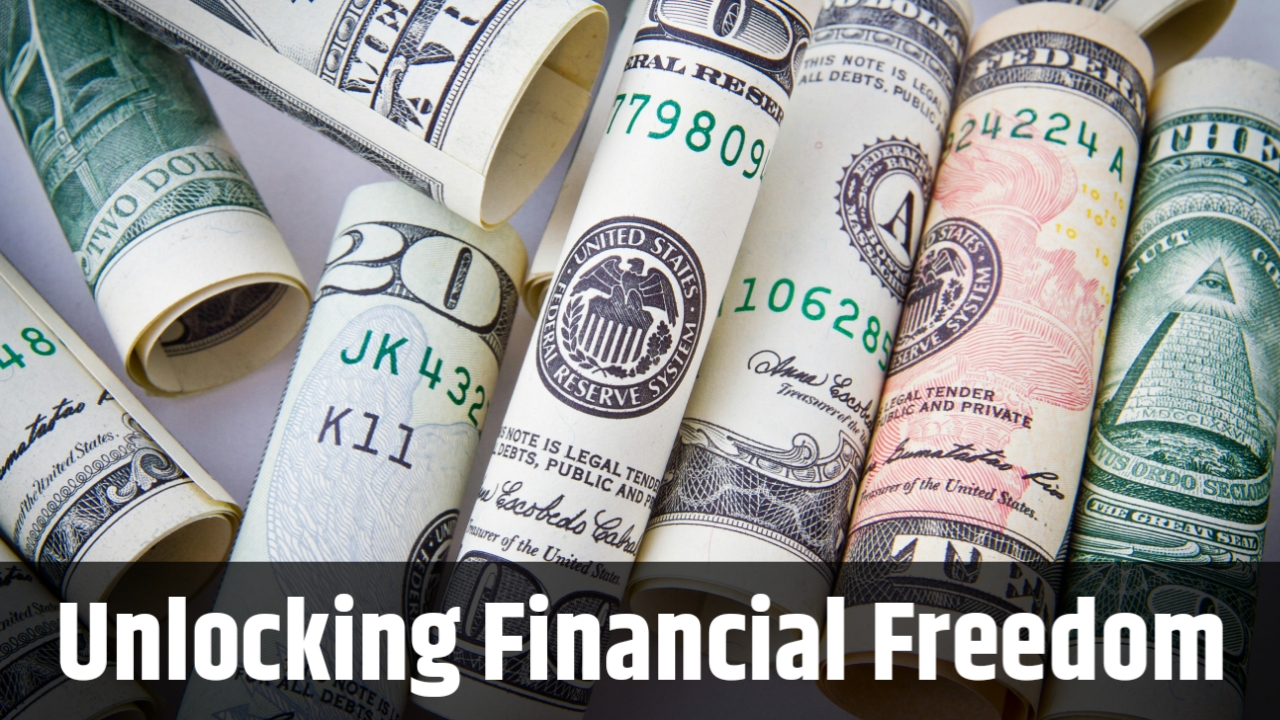Financial freedom. It sounds like a distant dream, something reserved for the wealthy or the lucky. But the truth is, achieving financial freedom is within reach for many of us. It’s not about some magic formula or get-rich-quick scheme; it’s about making smart choices, building positive habits, and taking control of your finances.
What Does Financial Freedom Mean to You?
Before we dive in, let’s personalize this concept. Financial freedom doesn’t have a universal definition. For some, it’s about living comfortably without worrying about bills. For others, it’s the ability to pursue passions, travel the world, or retire early. Define what financial freedom means for YOU. This will be your guiding light throughout your journey.
Small Steps, Big Impact
Here are some key strategies to get you started:
- Track Your Spending: Awareness is the first step. Track your income and expenses for a month. There are budgeting apps, spreadsheets, or even pen and paper – find a method that works for you. Knowing where your money goes is crucial for making informed decisions.
- Embrace the Power of Budgeting: Create a realistic budget that allocates your income towards essential expenses, debt repayment (if any), and savings goals. Prioritize necessities, but don’t forget to factor in some fun – financial freedom shouldn’t feel restrictive!
- Pay Yourself First: Treat saving like a bill. Set up automatic transfers to your savings account as soon as you get paid. Even small amounts consistently saved can grow significantly over time.
Debt: The Roadblock to Freedom
Debt can be a major obstacle on your path to financial freedom. Here’s how to tackle it:
- Prioritize High-Interest Debt: Focus on paying off debts with the highest interest rates first. This strategy saves you money in the long run and keeps you motivated.
- Explore Debt Repayment Strategies: Consider methods like the snowball method (paying off smaller debts first) or the avalanche method (targeting high-interest debts first). Choose the approach that best suits your needs and personality.
Investing for the Future: Growing Your Wealth
Investing allows your money to work for you, potentially outpacing inflation and growing your wealth over time. Here are some initial considerations:
- Start Early, Even with Small Amounts: The power of compound interest is real! Starting early, even with small investments, can lead to significant growth over time.
- Choose Investments Aligned with Your Risk Tolerance: There’s a spectrum of investment options, each with its own risk-reward profile. Understand your risk tolerance and choose investments that align with your comfort level.
- Seek Guidance (if needed): Don’t be afraid to seek professional financial advice if you’re new to investing. A financial advisor can help you develop a personalized investment strategy based on your goals and risk tolerance.
Financial Freedom is a Journey, Not a Destination
Remember, achieving financial freedom is a marathon, not a sprint. There will be setbacks and adjustments along the way. The key is to stay consistent, make informed decisions, and celebrate your achievements – big and small.
Empowering Yourself with Knowledge:
- Free Financial Resources: Many libraries, banks, and credit unions offer free financial literacy workshops and resources.
- Online Resources: There are numerous credible websites and blogs offering valuable financial advice and tips.
Conclusion
Financial freedom is about taking control of your finances and building a secure future for yourself. By adopting these strategies, educating yourself, and staying committed, you can unlock the door to financial freedom and achieve your financial goals. Believe in yourself, and take charge of your financial destiny!

